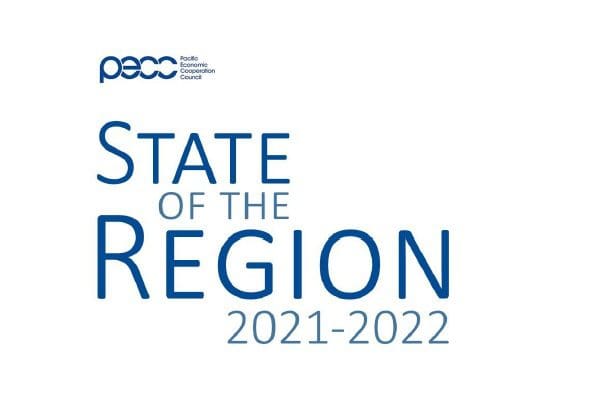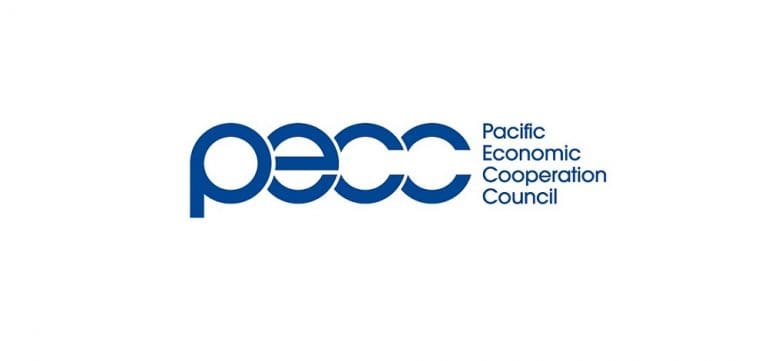In the year and a half since the global pandemic started the Asia-Pacific economy has undergone an extraordinary decline but is set to post a sharp recovery this year thanks to unprecedented policy support and the remarkable innovation and manufacture of vaccines.
The region is expected to grow by 6.1 percent in 2021 and 5.1 percent in 2022. PECC’s annual survey of the regional policy community (run from 12 August to 17 September) shows a sense of optimism among respondents with 55 percent expecting stronger economic growth for the world economy next year.
However, the divergent recovery from the crisis is evident in forecasts as well as in the views of respondents for specific economies and sub-regions. Respondents are far more optimistic about the prospects for growth for those economies that had achieved higher levels of vaccination at the time they were surveyed, notably, the United States and China. This underscores the importance of achieving vaccine equity across all economies of the region.
Although most growth forecasts for 2021 have been downgraded since April this year due to the emergence of the Delta variant, the outlook for 2022 remains on the brighter side with the hope that vaccine distribution will spread more broadly across regional economies with most achieving 60-70 vaccination rates by mid-2022. However, vaccine equity remains an enormous challenge with several economies well below those averages.
Top Risks to Growth
The top risk to growth by far was future waves of Covid-19, this was followed by:
- Climate change/extreme weather
- Lack of political leadership
- Increased protectionism and trade wars
- Slowdown in world trade growth
- Failure to implement structural reforms
These perceptions of risk are likely related, with respondents concerned about the capacity to lead and implement the necessary policy reforms for a sustainable and inclusive recovery. Regional cooperation can play a useful role in mitigating these risks, capacity building where needed, and building confidence in the direction of reform. This is especially important given concerns about rising protectionism.


